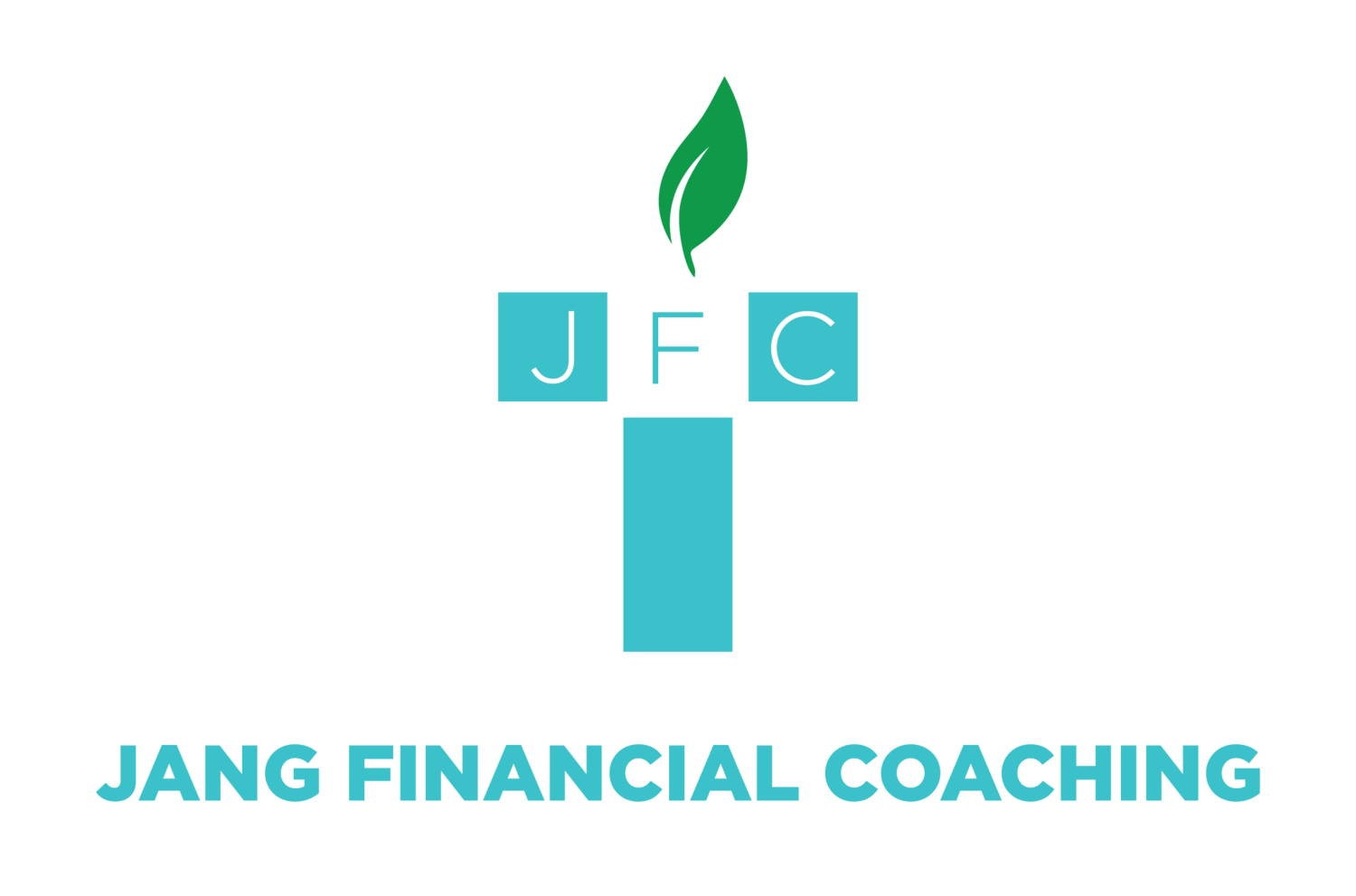The Beginner’s Guide to Generosity
/Havdalah Service as the Beginner’s Guide to Generosity
As the Sabbath comes to an end on Saturday nights, Jewish families would prepare for the work week ahead by performing the Havdalah service.
The word Havdalah means “separation”. This ceremony divides the Sabbath from the work week ahead and asks God to increase the family’s offspring and their wealth.
One part of the Havdalah is recited over a cup of wine (or grape juice) that is full to overflowing and runs down into a saucer beneath the cup.
It’s a beautiful image as the cup symbolizes the intent to produce enough for you and your family in the week ahead, as well as an excess that can be used for the benefit of those in need.
Jewish teaching rightly establishes that your own needs should be your primary concerns, as Scripture teaches us (1 Tim. 5:8) that those who don’t provide for their household has denied the faith and is worse than an unbeliever.
However, your family is not the only concern. Caring for our own needs is necessary to survive, but not enough to thrive.
Helping others, being a blessing to others, allows us to thrive and truly have a fulfilling life.
Filling the cup full is a reminder of our obligation to provide enough for yourself and your own family first. But it’s a cup. Not a tub. Not a swimming pool.
Overflowing the cup into the saucer reminds us to continue filling your cup even after it’s full, so that the excess may provide for others in need.
We are reminded that it’s not about us.
If we don’t decide the size of our cup prayerfully before God who owns it all, then nothing or very little may be overflowing.
Those of us who love Jesus for what He did on the cross and the empty grave want to give and give generously.
I know you do. But it is not enough to have great intentions. God’s people as God’s stewards need to position ourselves for the gospel, for His kingdom, as his disciples.
Deciding on the Size of Your Cup as the Beginner’s Guide to Generosity
Not deciding the size of our cup, how much our family needs to have our basic needs met, is probably the single biggest factor that keeps God’s people from merely having great intentions to give but not actually positioning ourselves to give generously.
Yes, asking the right questions and living out the implications of those questions makes all the difference as Christ followers.
Augustine said it best, “Find out how much God has given you and from it take what you need; the remainder is needed by others.”
Randy Alcorn states it this way, “It’s not how much you make, but how much you keep.”
If we don’t decide how much is enough for us, whether as a single or as a family, we will never be able to really give generously. So what if God’s people begin to ask, not “How much should we give?” but instead, ask, “How much should we keep?”
No one can tell you or your family that your cup is too big or too small. That is between you and God. Or your family and God.
And it’s always in proportion. It’s never in amount but always in proportion.
Our human tendency is to be judgmental of those whose cups are bigger than ours. But that is none of our business. We don’t get to decide the size of other people’s cups.
It is our responsibility to decide the size of our cups—what we need for ourselves or our family. It’s about being intentional in evaluating what our family really needs, and asking God how much of God’s money we should be using on us, and how much we should be giving away.
How much is enough? How big of a cup do I need?
If we don’t ask this question, we will never be able to give generously. Why? Because if you don’t answer this question, we will never stop spending more on our lifestyle and you will never be able to give generously.
If we never decide on the size of our cup, when God pours more, we will never know whether God is giving us more for us or for others.
If we don’t decide on the size of what we believe we need for ourselves or our families, when our income increases and money come our way, we will just upgrade our homes, cars, vacations, and more. Don’t get me wrong. These are good things and God wants us to reasonable enjoy our lives. But are we seeking to know the Owner’s desires and wishes in the way we are managing?
I know teachers who make little and businessmen and doctors who make a lot who decide on the size of their cup before God, spend less than they make to give away generously for the Kingdom of God.
I know high-income earners who live on their 10% and give away their 90%. I know average income earners who live on their 80% and give away their 20%. And others between.
And all true generosity is motivated by love. Love for God because we know that God so loved he gave. Never by guilt. Never by pressure.
God teaches us in 1 Timothy 6:17-19 that the rich in this age shouldn’t be arrogant, or place our hopes in our riches. Instead to place our hope in God who is the provider of those riches. We are to do good, to be rich in good works, to be generous and ready to share! Thus storing up treasure in heaven!
Whose is it?
How much is enough?
Ready to Start?
Are you ready to get started? Contact me at paul@jangfinancial.com if you want to help disciple your congregation as God-honoring stewards from a biblical perspective, or if you yourself want to grow as a steward seeking to practically manage the finances better to hear from our Lord upon his return, “Well done, good and faithful servant. You have been faithful over a little; I will set you over much. Enter into the joy of your master.” (Matthew 25:21, 23)
Paul Jang
Pastor | Personal Financial Coach to Individuals & Financial Stewardship Ministry Consultant for Churches
*If you want to automatically receive these weekly blogs, sign up for a free budgeting e-book at www.jangfinancial.com.
**Want to check out other blog entries, check out www.jangfinancial.com/jang-financial-stewardship-blogs/
Paul Jang served as a full-time ordained pastor for close to 15 years in Bergen County, NJ. Currently, he serves as an associate pastor at the Church Gathered & Scattered and as a personal financial coach and a financial stewardship ministry consultant for churches at Jang Financial Coaching LLC (jangfinancial.com), he serves Christ-followers and churches position toward financial peace, independence, and generosity. He is a certified Ramsey Solutions Master Financial Coach, a certified small group facilitator of Compass, finances God’s way, and a member of Christian Stewardship Network. Paul has been serving as a financial counselor for about decade and enjoys running while listening to a good audiobook on anything financial. He is happily married to Joy and committed to raising 3 future stewards in God’s Kingdom.
Recent Articles
Warning: Read This to Rethink About Generous Living
Keys to Living a Generous Life
UGRU’s Breakthroughs Live Webinars
The Secret Power of Using Cash & the Cost of Automation in Personal Finances
Discipleship Matters in Personal Finances
How My Financial Illiteracy Cost Me $10K with Life Insurance
Secrets of Raising Money-Smart Kids
Articles on Financial-Emotional Types:
Do You Make This Mistake in Your Personal Finances?
How the Self-Worth Spender Within Me Stole 9 Months of My Life
Why Some People Always Medicate Themselves Through Retail Therapy
Confessions of a Recovering Security Seeker
What Is Your Financial Emotional Elephant Type?
Articles on Budgeting and Debt-Elimination
A Steward’s Guide to Starting a Budget
A Steward’s Guide to Starting a Budget Part 2: Tracking Expenses by Category
A Steward’s Guide to Starting a Budget Part 3: Fixed, Variable and Lifestyle Choices
Secrets of Knocking Out Your Debts
Articles on Car Buying
A Steward’s Guide to Car Buying: Part 1
A Steward’s Guide to Car Buying Part 2: 4 Things You Must Be Able to Do When Buying a Good Used Car
A Steward’s Guide to Car Buying Part 3: Doing the Math
Articles on Retirement
A Steward’s Guide to Retiring with Dignity: Part 1
A Steward’s Guide to Retiring With Dignity Part 2: Basic Steps



